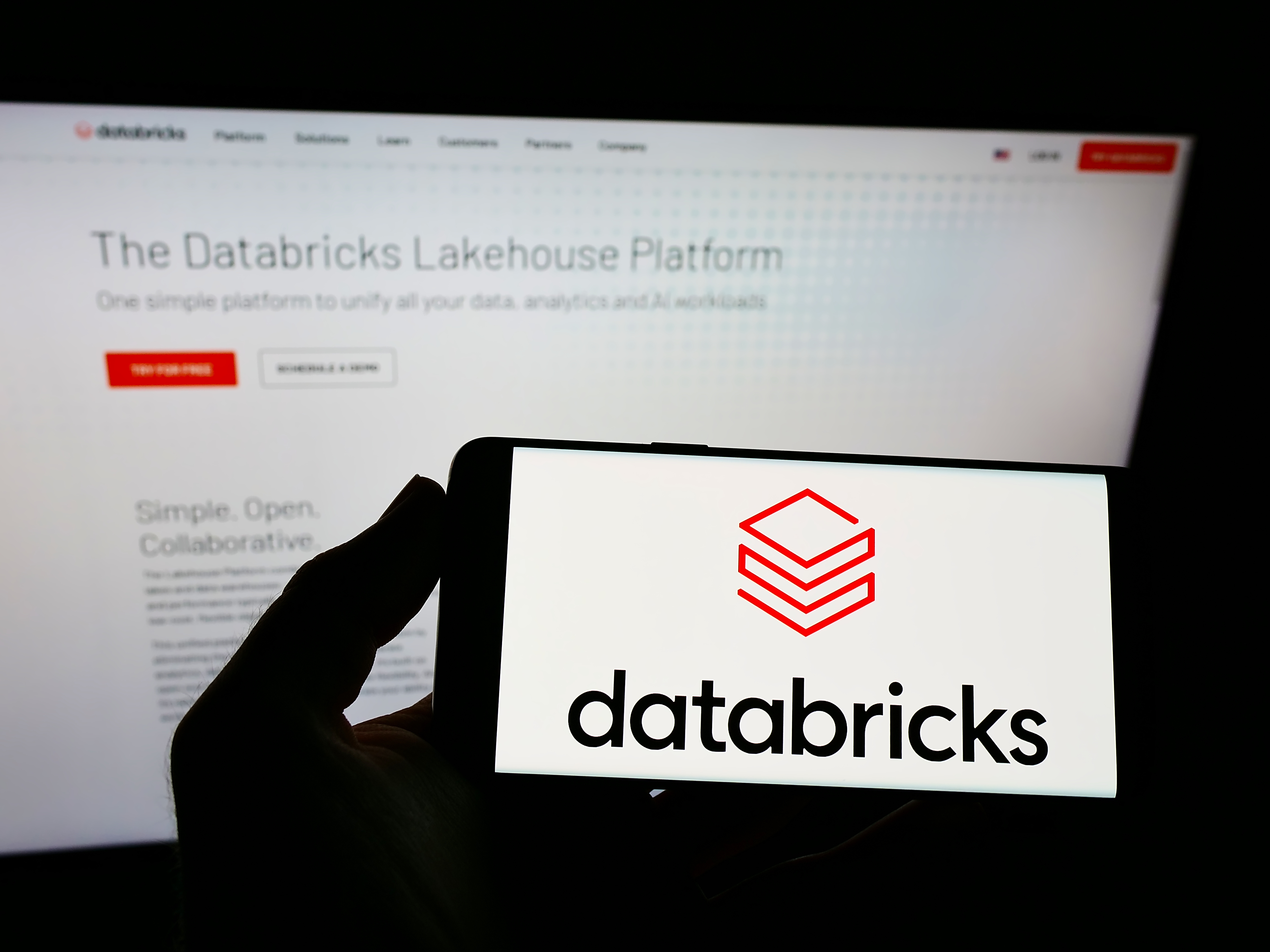 AI
AI
 AI
AI
 AI
AI
Enterprise big-data company Databricks Inc. is reportedly discussing a fresh round of funding with investors that will likely total hundreds of millions of dollars. This move comes despite Databricks’ loss of about $900 million in its last two fiscal years.
The funding will help the company to capitalize on enterprise demands for a reliable data platform to fuel a new generation of artificial intelligence applications. Databricks sells a data engineering platform that enables enterprises to process and transform massive volumes of information, which can then be analyzed, used to train AI models and more.
Traditional big-data platforms such as Apache Spark struggle to accomplish these tasks quickly, but Databricks’ software is said to be much faster. It also enhances innovation and application development, offers strong security options and has built-in data visualization tools.
The Information, which first reported the talks with investors today, said Databricks is moving closer to break-even, despite losing a total of about $900 million in its last two fiscal years. In its most recent fiscal year, Databricks reported a $380 million operating loss, The Information said, citing two people familiar with the numbers. However, the company recently revealed that it broke the $1 billion revenue mark for the first time in January, with growth in the region of 70% year-over-year.
Databricks’ rapid growth comes at a time when it’s pivoting to support the rising interest in AI technologies, driven by enterprise enthusiasm about generative AI applications such as ChatGPT. In June, Databricks Chief Executive Ali Ghodsi told Bloomberg that his company is one of the fastest-growing software firms in the world, with customers desperate to use its platform to organize their data to fuel new advances in AI.
One thing that adds to the credibility of The Information’s report is that Ghodsi has explicitly ruled out holding an initial public offering any time soon. In the interview with Bloomberg, he pointed out that not only is the market currently unreceptive to IPOs, but there are also advantages to being a private company. It allows Databricks to invest freely in AI without constraints from concerned shareholders, he said. Had Databricks been a public company, it would have been much harder for it to justify some of its most recent, multimillion-dollar acquisitions.
Databricks hasn’t disclosed how much money it paid for its recent acquisitions, which include an AI data governance startup called Okera Inc. and the AI storage infrastructure provider Rubicon Inc., but it’s likely that it paid through the nose for them. “Right now you have to pay up,” Ghodsi told Bloomberg.
The acquisitions are part of a wider push into AI that also saw the company announce its own, open-source generative AI model to compete with ChatGPT, called Dolly. Launched in March, the model was improved with the release of Dolly 2.0 just one month later. It comes with a license that permits commercial use, meaning enterprises can take it and train it on their own datasets to create customized models and generate revenue with them.
At the recent Databricks Data+AI Summit, the company announced yet more innovations in the area of large language models, while underscoring its ability to unify data and bring AI into it. Its new capabilities include Lakehouse IQ, which uses LLMs to infer business meaning from technical data artifacts, and a new platform for generative AI application development based on the technology from its most recent acquisition – MosaicML Inc. It also announced new vector search capabilities that make it easier to find content to feed generative AI models, and a Unity Catalog that harmonizes access to analytic data.
Holger Mueller of Constellation Research Inc. told SiliconANGLE that the role of cloud infrastructure providers in enabling AI workloads has been bad news for companies like Databricks, as those platforms rely on their own, in-house big data technologies. “To compete with cloud vendors, Databricks needs to level up its AI game, and doing so is very expensive, hence the need for more funding,” the analyst said. “On the other hand, Databricks can be an appealing because it possesses a multicloud strategy path that enterprises desperately want to avoid AI cloud lock-in.”
According to longtime industry analyst and theCUBE co-host Dave Vellante, Databricks has a strong advantage over other data platforms when it comes to unifying data, allowing developers to build analytical AI applications across heterogeneous data sources.
At the Data+AI Summit, Databricks co-founder and Chief Technologist Matei Zaharia sat down with theCUBE, SiliconANGLE Media’s mobile livestreaming studio, to discuss how the new announcements will accelerate the company’s role in the future of generative AI:
Support our mission to keep content open and free by engaging with theCUBE community. Join theCUBE’s Alumni Trust Network, where technology leaders connect, share intelligence and create opportunities.
Founded by tech visionaries John Furrier and Dave Vellante, SiliconANGLE Media has built a dynamic ecosystem of industry-leading digital media brands that reach 15+ million elite tech professionals. Our new proprietary theCUBE AI Video Cloud is breaking ground in audience interaction, leveraging theCUBEai.com neural network to help technology companies make data-driven decisions and stay at the forefront of industry conversations.